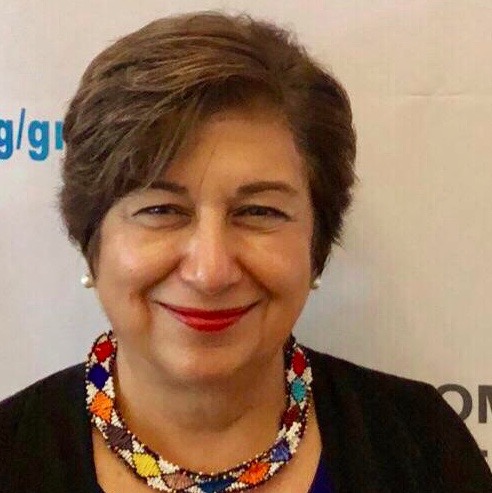A note by Elahe Amani, Chair of Women’s Intercultural Network
The 66th session of the Commission on the Status of Women (CSW66) the second largest UN intergovernmental meeting in New York closed its two-week-long session on March 25th. The priority theme was achieving gender equality and the empowerment of all women and girls in the context of climate change, environmental and disaster risk reduction policies and programs, and the review theme was women’s economic empowerment in the changing world of work
(agreed conclusions of the sixty-first session).
CSW66 Agreed Conclusions
were groundbreaking and therefore ‘historic’ for the UN as it is the first time CSW has recognized the connections between climate change and gender equality and confirmed that all women and girls are disproportionately affected by the impact of climate change such as droughts and floods and other environmental crises, and offer specific actions which the Member States, UN agencies and Civil Society/NGOs can take to ensure resilience, mitigation, and sustainable recovery, especially for all women and girls.
This historic session acknowledged and reaffirmed women’s and girls’ leadership as a key to addressing climate change, environmental, and disaster risk reduction for all.
The agreed conclusions adopted by the Member States are a blueprint for world leaders to promote women’s and girls’ full and equal participation and leadership in the designing and implementation of climate change, environmental and disaster risk reduction (DRR) policies and programs moving forward.
Here are the sessions organized by WIN and those we are thankful we had the opportunity to contribute and present.

